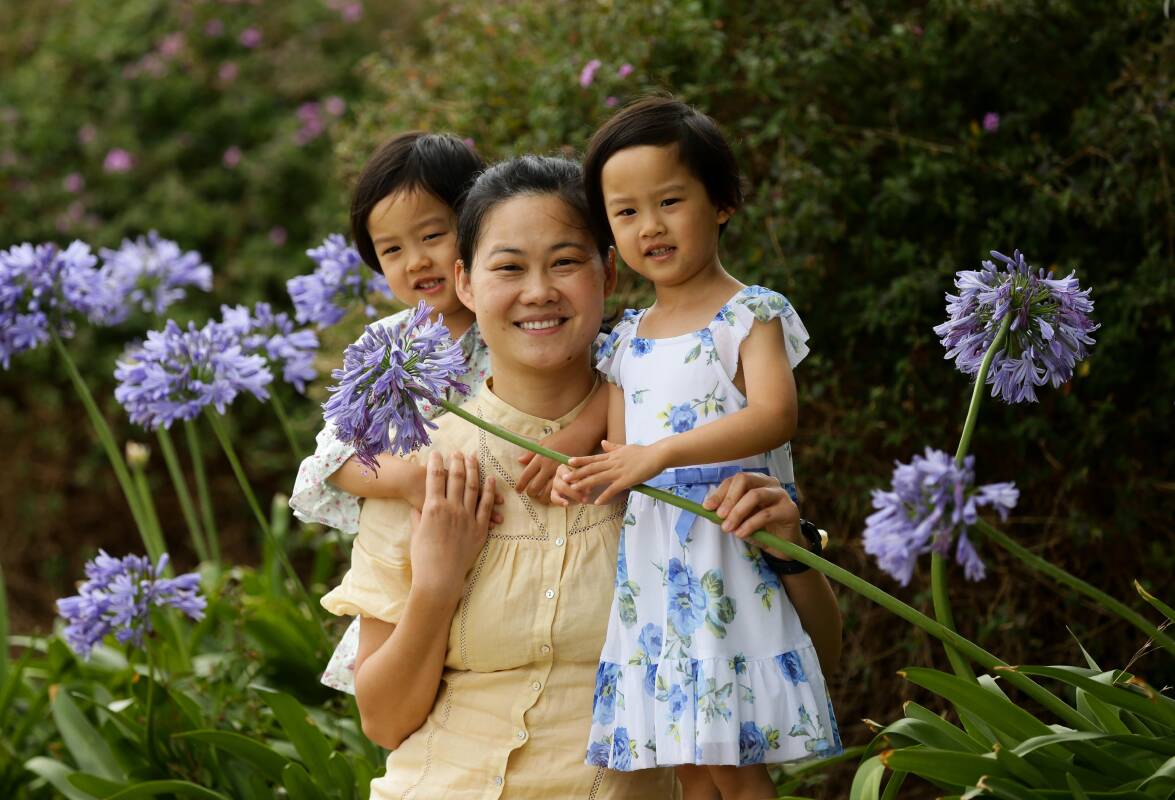
Raising twins while working on a PhD in computer science during the pandemic was not an easy calculation.
Sylvia Chen, of Warabrook, would look after Sally and Selene during their waking hours. When they slept, she would work on her PhD.
"Whenever I felt hopelessly miserable and wanted to give up, I would look at pictures of the twins' smiles, tears and playing and keep moving forward," Ms Chen said.
She gave birth to the girls in 2019, while she and husband David were PhD students at University of Newcastle. Then COVID struck.
"That meant none of our parents and friends could come to help us. We had quite a tough time, but we got through that and both graduated," she said.
She will attend her graduation ceremony on Monday and start a new job on Wednesday as a data scientist, working on optimising the Hunter Valley coal chain.
"I hope to contribute to the Newcastle community," she said.
This work is similar to her PhD on optimisation in the food supply chain, which involved mathematical modelling and artificial intelligence.
Asked who would look after the kids when she started her job, she laughed.
"It's a good question. It will be preschool by January, so we're looking at day care."
The Chens moved to Newcastle from China in 2015. They have experienced a good life in Newcastle.
As students, they had little money and support but received help from the Newcastle community. John Hunter Hospital helped with the birth of the twins, as Sylvia's pregnancy was considered risky.
And the Samaritans helped them with an early intervention program aimed at building resilience in vulnerable families with young children.
The Samaritans also helped them access cheaper food. "It was very helpful," Ms Chen said.
She also received strong support from her PhD supervisor, University of Newcastle Professor Regina Berretta.
"She was really patient with my slow pace. She always encouraged me," Ms Chen said.
Professor Berretta said "her thesis was very complex".
"I believe she is better than she sells herself, which is more common with my female students."
Professor Berretta said less than 20 per cent of Australia's STEM [science, technology, engineering and mathematics] workforce are female.
"It is essential that we improve diversity in our workforce. Diversity is a key driver of innovation and is a critical component of being successful on a global scale.
"There is strong evidence that improved gender diversity leads to better decision-making and business outcomes."







